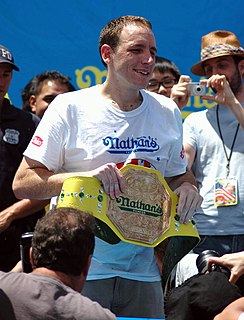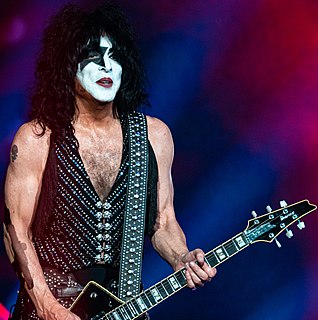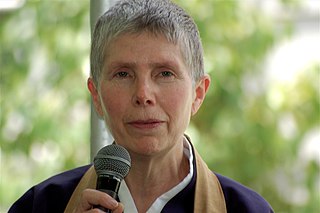A Quote by Jonathan Moyo
I have always been a critic of government policy. I was in government for more than five years. Before that I was a critic. Within the government I was a critic, pushing for reform and always at odds with power brokers within the party.
Related Quotes
There's lots of room to be your own worse critic. It's just you, so I think that's inherit, that voice that's always that's there monitoring everything you do. It's definitely worse; the critic is harder when it's just you. If you're doing a show, then the critic can blame the other actors your with.
You find very few critics who approach their job with a combination of information and enthusiasm and humility that makes for a good critic. But there is nothing wrong with critics as long as people don't pay any attention to them. I mean, nobody wants to put them out of a job and a good critic is not necessarily a dead critic. It's just that people take what a critic says as a fact rather than an opinion, and you have to know whether the opinion of the critic is informed or uninformed, intelligent of stupid -- but most people don't take the trouble.
Music critics are, for the most part, bitter people who are intent at dragging people down for being successful at what they want to do, which is probably music. The oddity of being a critic is: You don't get a diploma, you just decide you're a critic. If someone listens to your opinion rather than their own, it's their mistake. Any critic's top 10, any year, it's something controversial or something that will make them look hipper-than-thou. The whole critic game, we've never played.
One of the best and most challenging books about Orwell is by the socialist literary critic Raymond Williams. As a critic - and, in some ways, as a figure, at least within the academy - Williams was what England had in the generation after Orwell, and toward the end of his life, he became more critical of his predecessor.
Except that it’s not really 'now' that the inner critic attacks. It’s a few seconds or a minute ago. The inner critic depends upon comparison, and when we are fully aware in the present moment, when there is no past or future in our mind’s awareness, there is nothing to compare. There is only what is, as it is. The inner critic disappears.
A famous, very often quoted phrase says: "That government is best, which governs least." I do not believe this to be a correct description of of the functions of a good government. Government ought to do all the things for which it is needed and for which it is established. Government ought to protect the individuals within the country against the violent and fraudulent attacks of gangsters, and it should defend the country against foreign enemies. These are the functions of government within a free system, within the system of the market economy.
The relationship between government and art must necessarily be a delicate one. It would not be appropriate for the government to try to define what is good or what is true or what is beautiful. But government can provide nourishment to the ground within which these ideas spring forth from the seeds of inspiration within the human mind.

































